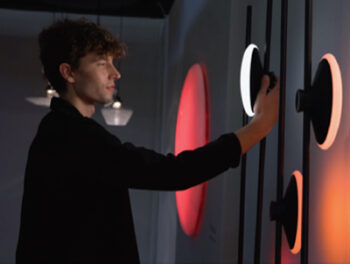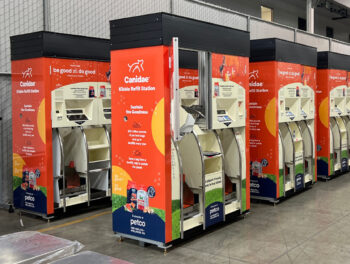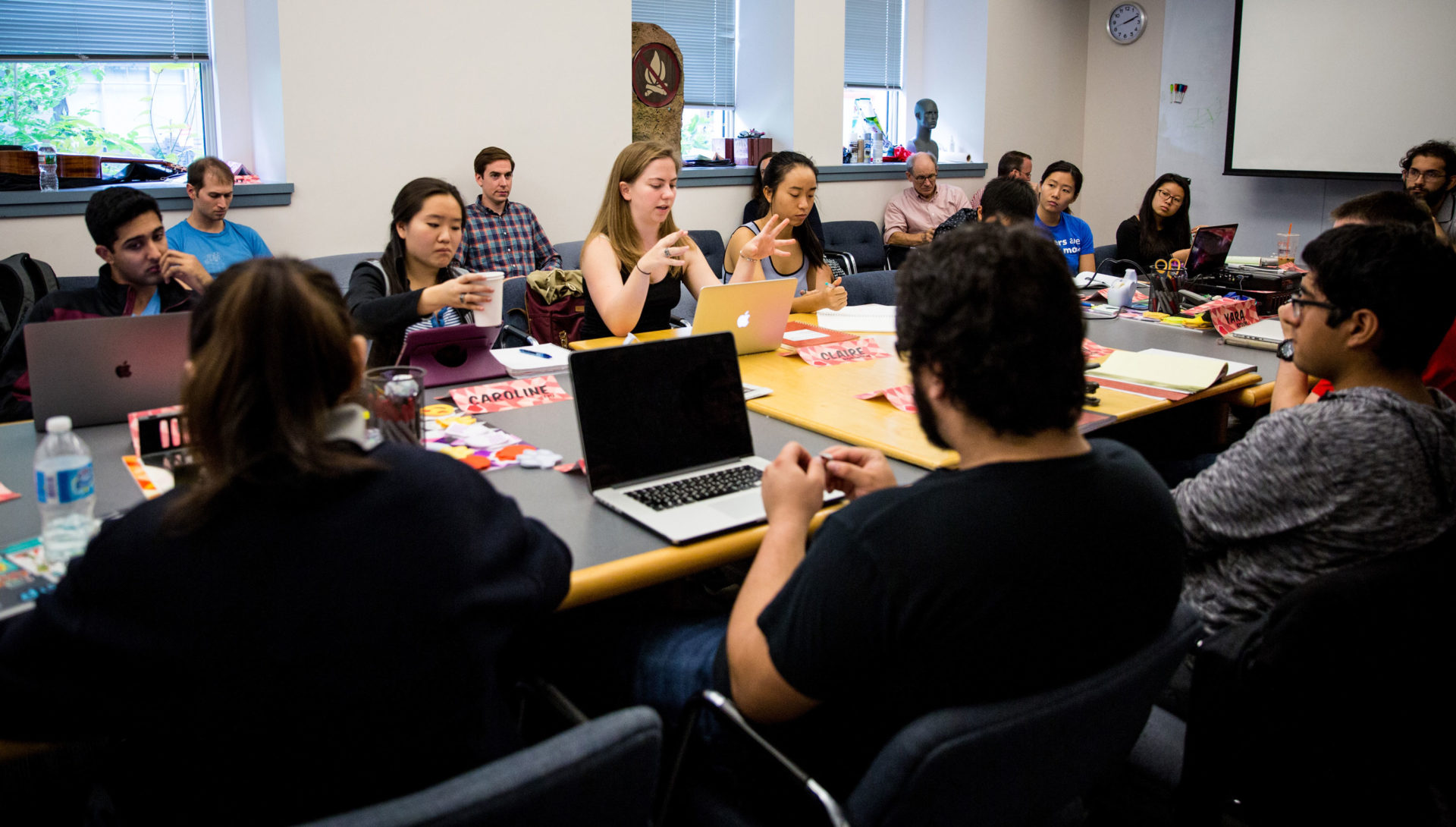 Months of research and planning went into development of the Red Team’s prototype product.
Months of research and planning went into development of the Red Team’s prototype product.
Each year, in Course 2.009: Product Engineering Processes, students at Massachusetts Institute of Technology work in teams to design and build working “alpha” prototypes of new products. The course is designed to emulate what engineers might experience as part of a commercial product design team in a modern product development firm.
Each one of the 8 MIT student teams in the course were required to construct a high quality, functioning product prototype that was consistent with a specific “strategic theme.” The product theme in the most recent course was “Super;” where teams were challenged to create “products that can augment our abilities with super-human strength, extend the reach of our minds, help us to master challenges, metamorphosize ourselves, energize, and enhance our reach through tool.”
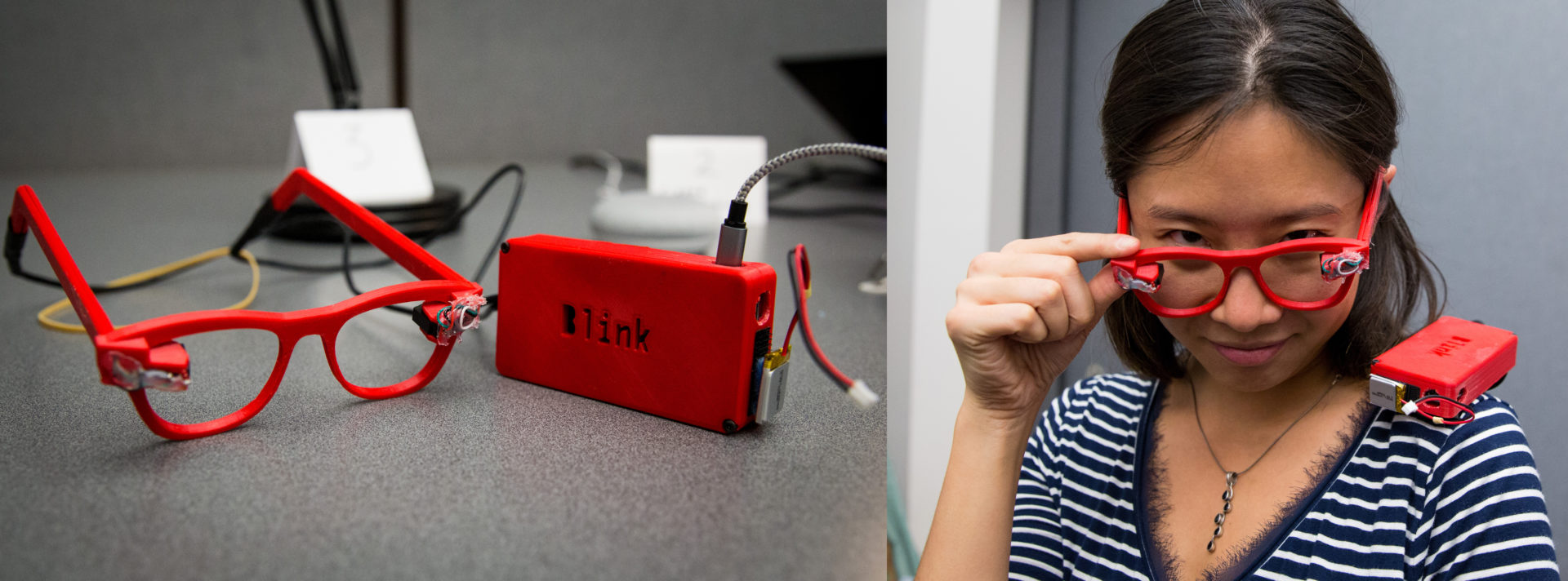 The Red Team’s prototype product — branded “Blink” — empowers disabled individuals to perform a range of tasks by blinking their eyes.
The Red Team’s prototype product — branded “Blink” — empowers disabled individuals to perform a range of tasks by blinking their eyes.
Motiv was honored to participate in an advisory capacity to the MIT course, with two of our staff members – James McGee and Brent Boswell – serving as mentors for the Red Team. James currently serves as creative director at Motiv, with a background in industrial design and expertise in product UI/UX. Brent is a seasoned mechanical engineer, and a graduate of MIT who participated in this same course as an undergraduate at the school.
The Red Team chose to develop an innovative eyeglass device they branded as “Blink.” Leveraging smart home electronic devices such as Amazon Echo and Google Assistant, Blink empowers individuals with advanced neurodegenerative diseases to perform a broad range of manual functions simply by blinking their eyes while wearing the eyeglass device. Using Blink, for example, a wheelchair-bound individual can easily control lighting, room temperature, home security, television, music and telephone.
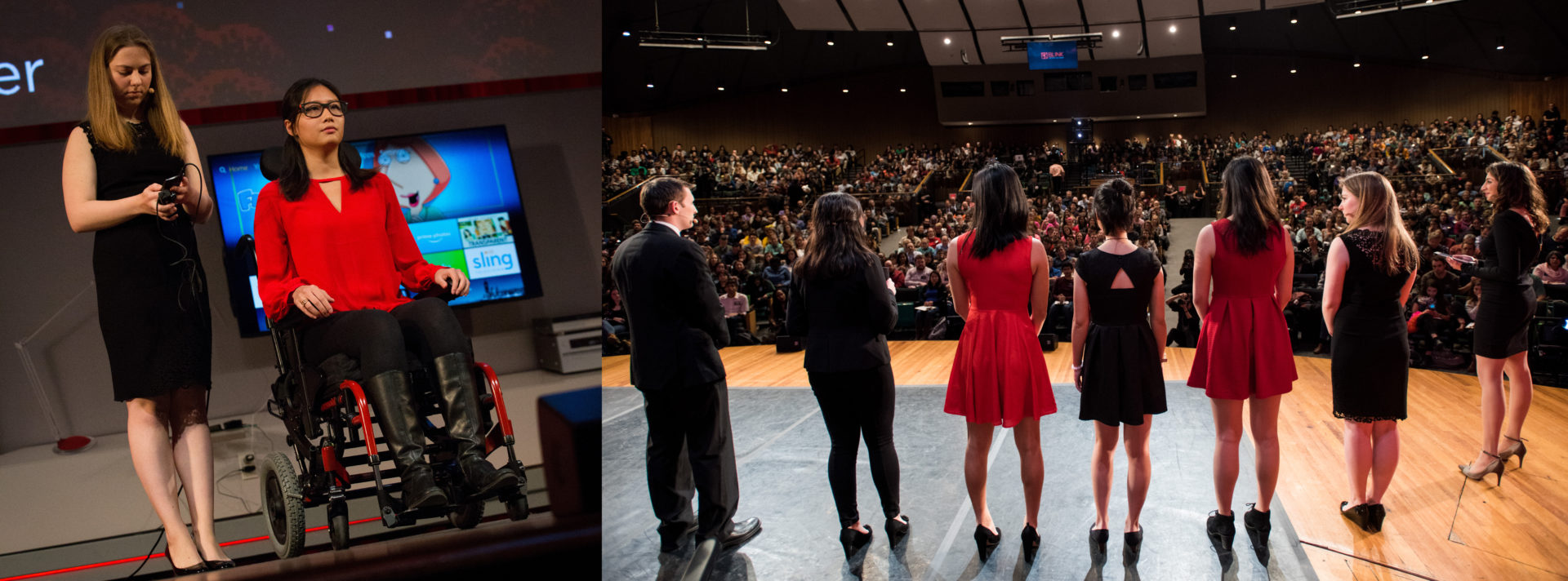 The Red Team demonstrated its Blink product and answered questions from the audience in their final presentation.
The Red Team demonstrated its Blink product and answered questions from the audience in their final presentation.
Motiv and MIT: A Win-Win for Students and Mentors
In their role as course mentors, James and Brent served as experienced advisors, providing non-prescriptive guidance to their team, as well as written feedback at four milestones throughout the course. Their role evolved throughout the term to match their team’s needs; for example, early in the term they encouraged students to collect potential Blink user feedback, and advised them on how to convert those insights into product design. Later in the course, they provided guidance on technical implementations and model making techniques.
Based on their mentoring experience at MIT, both James and Brent had high praise for the value of the course for students. For most, this was their first exposure to product development, and to identifying and addressing user needs rather than applying engineering theory to a problem. The course’s major difference, and lesson taught, is that there are often many valid solutions to problems, and the most successful solutions are those most closely tied to the user needs.
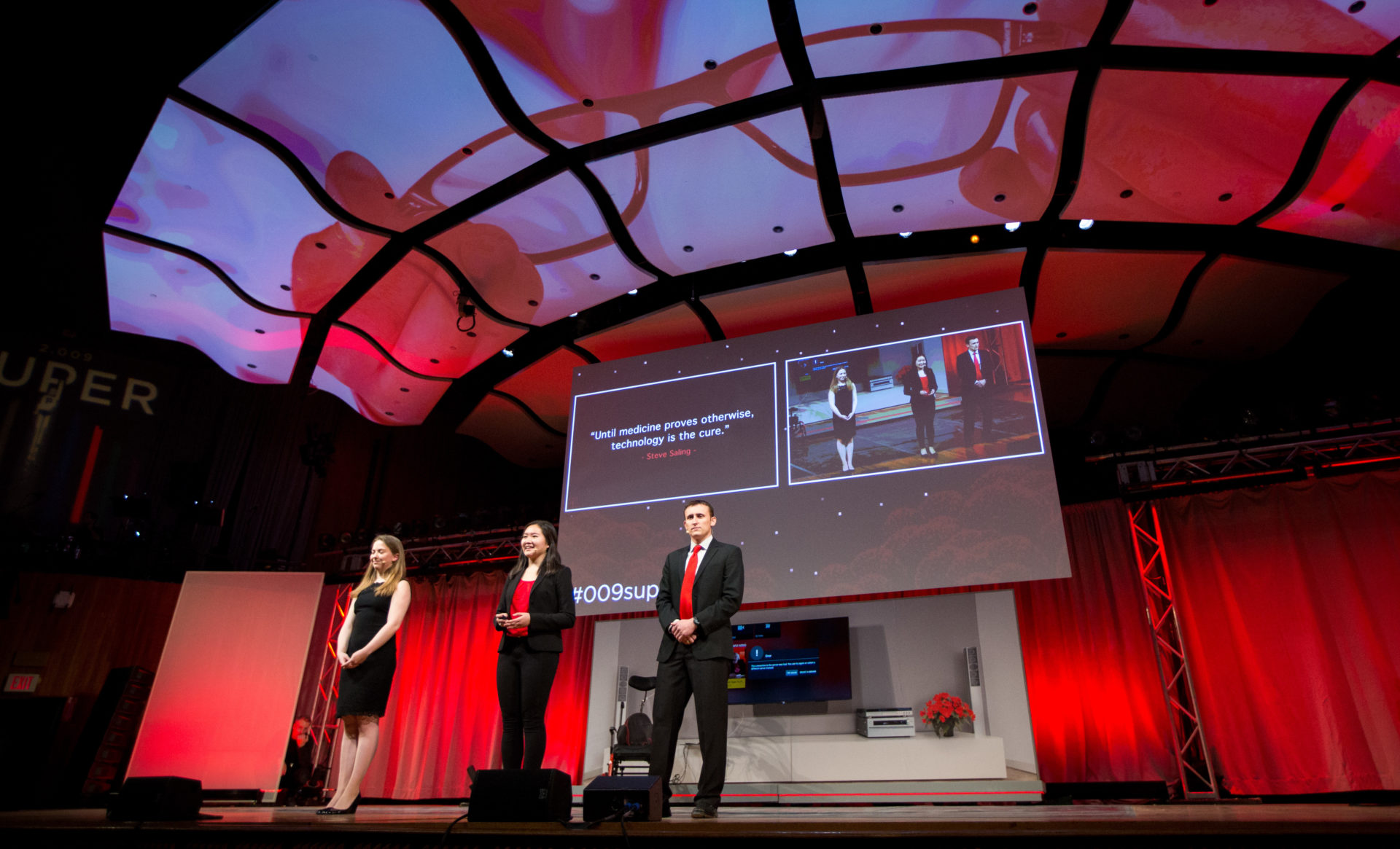 The Red Team that Motiv mentored was one of 8 teams participating in the MIT course.
The Red Team that Motiv mentored was one of 8 teams participating in the MIT course.
For Motiv, the course builds understanding and enthusiasm for the product design and engineering disciplines. The firm also gains exposure from the students, course staff and 16,000+ viewers of the course’s final presentation audience (available for viewing here.) Additionally, start-up companies often emerge from the course, and several MIT graduates take positions with start-ups each year. And in that respect, our product design agency is well-positioned to serve any of those companies with design and engineering support.



